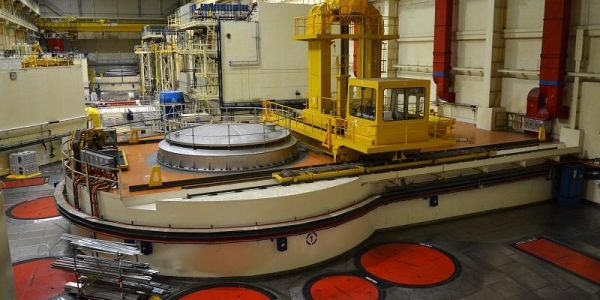
Free green services could substantially reduce household emissions
Using carbon tax revenue to fund free green electricity and public transport could significantly reduce individual households’ greenhouse gas emissions, a new study has found.

Using carbon tax revenue to fund free green electricity and public transport could significantly reduce individual households’ greenhouse gas emissions, a new study has found.

Affordable plastic shields reduce the risk of COVID-19 infection for passengers on motorcycle taxis popular in developing countries, a new study suggests.

A University of Leeds data expert has been awarded a prestigious Fellowship, working in the heart of government.

For at least the last 30 years, not a single country has met the basic needs of its residents without overconsuming natural resources, according to new research led by the University of Leeds.
Industrial action 2021/22

A test rig to help the nuclear industry design new reactors, decommission old ones and better dispose of waste from nuclear reprocessing is to be built at the University.

Jonathan Wild (Hon LLD 2011), the former Chair and Managing Director of Bettys and Taylors of Harrogate, is dedicated to his mission to protect the planet.

A lack of high-quality research is preventing the development of dietary advice that could reduce the number of hip fractures, a new study suggests.

New research has identified a way of using nanoclusters to bolster waning antibiotics.

Carbon limits needed to contain global warming could be breached within six years in the Yorkshire and Humber region, a new report warns.